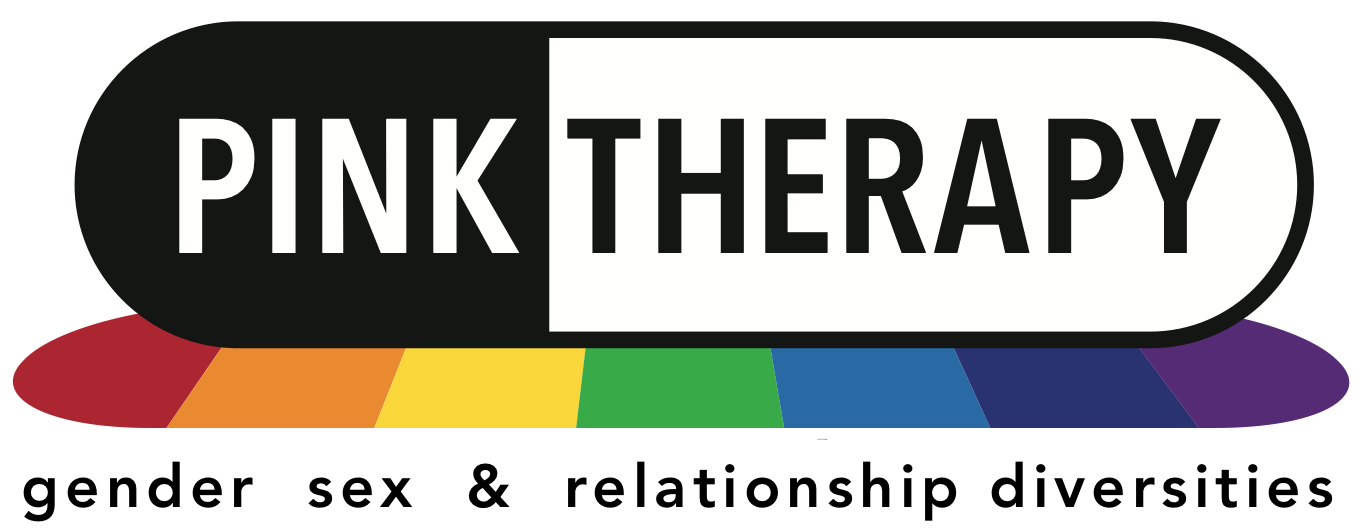Written by Samantha Horley
I’m a 53-year-old woman who has always had a high sex drive. In my profile on the Feeld app I say, “I’m a decent human who happens to be a hornbag, looking for same” which has proven rather successful. But other people use other words.
I’ve not often overtly been called a slut, more covertly, as in from a friend, recently, at a funeral, “You always were a bit of a goer weren’t you?” and another, “I could never do what you do.”
Because of my libido, I’ve also frequently been called hypersexual which is a problematic compulsive sexual behaviour. My own cousin called me hypersexual although she didn’t actually mean hypersexual, she meant “flammasexual,” there just wasn’t a word for it. So I made it.
Flammare is the Latin for “to burn, to set on fire, to inflame, to excite.” To be flammasexual is to be regularly, and easily, excited.
Why do we need our own word? To begin with, to simply explain, explain away perhaps, why we are as we are naturally, in the same way as the word “asexual” does.
Secondly, to prevent pathologising our behaviour as problematic in, what is still, a mononormative world where we – us women especially – are regularly slut-shamed for having multiple partners, or for enjoying sex, or being made to feel failures because of not partnering up and settling down. “You just haven’t met the right person” I was told, countless times. This only let up when I was past baby-bearing age, the magic number was 44 by the way.
Psychotherapist Silva Neves treats compulsive sexual behaviours at his practice and often has people presenting who simply have high sex drives but have been blamed or shamed by partners or society into thinking their behaviour, proclivities or urges are wrong or unnatural and must be curbed. If their behaviour isn’t compulsive, unethical or “non-consensual non-monogamous,” Silva doesn’t consider these behaviours problematic. Instead, he helps them with reducing the distress from societal shame.
I have checked myself against a scale for hypersexuality “just in case,” I scored the lowest possible score. My behaviour has never been compulsive, has never interfered negatively with my life or work in any way apart from the occasional bad date, which can happen to anyone, and I suspect I’m not the only one who has spent a bit too long on an app when they should be working, or indulged in a WFHW (working from home wank).
Silva, in a talk for CICS (The Contemporary Institute of Clinical Sexology), defined people having a high sex drive as: “They might want sex very frequently, they might want to have sex with different genders, different people, multiple people, new people, they might want to have sex in places that are not the bedroom.”
Even though I’ve reached a place where I’m comfortable in my sexuality, this was still a relief to hear, a reassurance that I don’t “have a problem,” and it made me determined to get the word out.
In my late 40s I finally began to explore, and own, my flammasexuality, in part because I was no longer ashamed or embarrassed about it, but also because a language and acceptance around consensual non-monogamy was arriving in the sex space.
I describe my sexual orientation as “hetereoflexible”: mostly straight but if it’s a sexy scenario, I’ll happily go along with it. But now I realise that I’m heteroflexible because I’m flammasexual.
Similarly, I would say I’m not flammasexual because I’m non-monogamous, I’m non-monogamous because I’m flammasexual.
I would love to go back to all the years of therapy I’ve had and reframe the lot around me being flammasexual. Even a “sex positive” therapist I saw a couple of years ago said, “Samantha, I’m not judging, but some people go dancing.” All those times I was made to feel broken because I was unable to form a single, monogamous meaningful attachment, going over and over my childhood and attachment style to try and heal me.
It may well be that my attachment issues contribute to relationship issues, sure, but if my flammasexuality was in the therapy room too, perhaps I would have been able to talk about seeking something different but equally meaningful and loving. Maybe I would be in a different place than I am today. But I have never had that conversation with a therapist. It’s one of the reasons I decided to train as a therapist myself, and before I encountered the phrase Gender, Sex and Relationship Diversity (GSRD) as created by Pink Therapy specifically to include people like me seeking mental health support.
I sounded out one of my lovers on the word. He messaged excitedly back, “I think a vital distinguishing feature of flammasexuality is the separation of sexual romance and friendship-flavoured love from traditional notions of sex and romantic love being bound up as one. Our fellow Flammas seem entirely at ease with sharing deep connections and friendships with a sexual element that are distinct from the ‘normal’ way of doing things and that’s fascinating. The absence of or shedding of shame seems to play a huge part in the joy of it all too.”
And here we are, watching the evolution of a word in real time, I hadn’t intended it to be a relationship descriptor, and yet, much like Silva’s list, it could be another “might be” definition thereof. Not to mention I created flammasexual as an adjective, not a noun, let alone an abbreviation, and yet we are already “Flammas.”
Another flamma friend said he’d been called “a dog” recently, “So, the implication being I’d hump furniture?” When I told him about this word I’d invented he teared up, he said he suddenly felt understood.
I suspect that, similarly to what has happened with “sex addiction,” the word will get used as a self-diagnosis to excuse cheating, as in “I couldn’t help myself, I’m flammasexual.” I’ve never cheated on a partner except for a drunken snog which forced me to accept in my late thirties I was not cut out for monogamy and end the relationship. No, us flammas don’t want people like that in our gang.
However, it may be useful in relationship counselling where there is a significant discrepancy in sexual drive and desire, where it could perhaps lead to deeper discussion and understanding.
Will the slut-shaming stop? I doubt it. For now at least. But the UK is beginning to lean less heteronormative and mononormative, and with a word of our own, maybe a few more of us will be able to feel less excluded from it and find our own paths towards love and acceptance.
Now then, do we need a flag?

